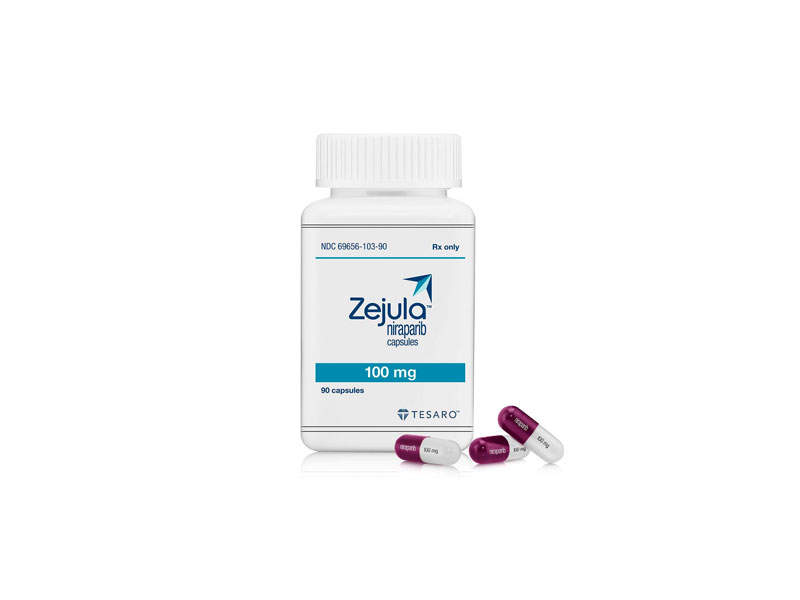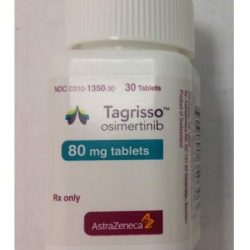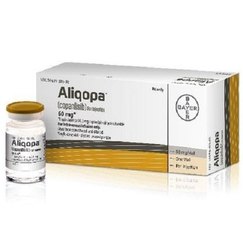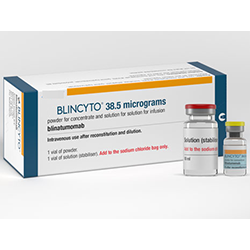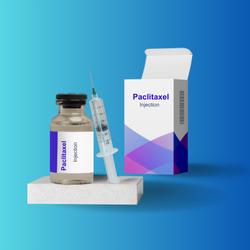Description
Uses of medication: Zejula (Niraparib) is a poly (ADP-ribose) polymerase (PARP) inhibitor used for the maintenance treatment of adult patients with recurrent epithelial ovarian, fallopian tube, or primary peritoneal cancer who are in a complete or partial response to the platinum-based chemotherapy.
Dosage: The recommended dose of niraparib is 300 mg, which should be taken either with or without food at approximately the same time every day. Each capsule should be swallowed whole and not to chew, crush, or split prior to swallowing. Administration of zejula dosing at bedtime may be a potential method in order to manage nausea.
Treatment Reactions: The most commonly reported niraparib side effects include:
- Nausea
- Anemia
- Fatigue
- Vomiting
- Neutropenia
- Leukopenia
- Insomnia
- Headache
- Dyspnea
- Rash
- Diarrhea
- Hypertension
- Cough
- Dizziness
- Acute kidney injury
- Urinary tract infection
- Hypomagnesemia
- Constipation
- Musculoskeletal pain
- Abdominal pain
- Thrombocytopenia
- Decreased appetite
Warnings and Precautions:
- Patients with niraparib 100 mg should be monitored for blood pressure and heart rate weekly for the first 2 months, then monthly for the 1’st year.
- Patients taking niraparib ovarian cancer medicine should be monitored for complete blood counts weekly for the 1’st month, monthly for the next 11 months of the treatment.
- Patients taking treatment with zejula 100 mg should be monitored for the hematological toxicity and treatment should be discontinued if MDS/AML is suspected.
- Women with childbearing potential and taking zejula ovarian cancer drug, should avoid becoming pregnant, as it may cause fetal harm to a fetus.
- Nursing mother should not breastfeed her baby during treatment and for 1 month following taking the last dose.

